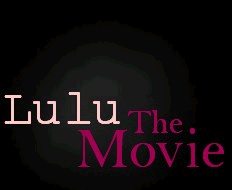c. 2019
![]()
This is an imaginative, vivid, sometimes hallucinogenic take on sex, art, and love. A modern tale of a Hollywood outlaw.
Decadent pre-war Berlin and Hollywood give color and mood. Rock and roll sets the soundtrack miles from the quaint world of the silent movie. And sex is the key to understanding the journey of the heart as well as the path of the artist.
She was the laughing girl with the black helmet of hair and the sexy bangs… You don’t have to know who she was to be drawn in. Every photograph of Louise Brooks demands your attention.
Louise was something new in America: The girl next door who actually liked sex. That was revolutionary in 1928.
Hell, it’s still revolutionary, for even as we inject every aspect of pop culture with sexual tension, we force Good Girls and Whores to sleep in separate bedrooms. Painfully confusing for everyone—but true.
Louise’s fresh-faced acceptance of her own desires was part of the public persona that made her famous. She embodied the flapper—a modern kind of girl who saw no reason to deny herself pleasure, even if it took her over the edge.
It’s her living monument, the portrayal that made the Cinémathèque Française declare famously: "There is no Garbo! There is no Dietrich! There is only Louise Brooks!"
She plays the iconic Lulu—a childlike woman whose sexual desires destroy her, and destroy the men in her life as well.
...Louise Brooks and Lulu had everything in common, and the actress
![]()
and the role became hopelessly, dangerously enmeshed. Exploring that is the main thrust of Lulu—a film about a real person that is anything but a cradle-to-grave biopic.
Instead, think of Shadow of the Vampire. Or Adaptation—with a mad dash of Moulin Rouge.
The central relationship is between Louise and Pabst. She is a hard-drinking hedonist who sees pleasure as a way of feeling alive. He is a conservative married man with seemingly few secrets.
Together they are propelled by a curious mixture of attraction, personal history, and identification with the story of Pandora’s Box.
Their own fears, kinks, and passions are interwoven throughout the telling of Lulu’s journey.
But as the character Lulu careens toward destruction and death, an entirely different destiny seems to await Louise. She believes she is at the start of a great career. And we think so too.
It’s a bumpy ride, but we still are lead to expect that most inevitable of Hollywood endings, the one where the girl goes out a chorus girl and comes back a star. That is how it always works out, right?
Louise and Pabst’s affair takes wild twists and turns during filming. But his respect and feeling for her emerges fully. He asks sacrifices of her throughout—not in service to his ego—but to the film.
Lulu’s ultimate degradation and death seems happy to Louise. She doesn’t see it as defeat, but as the perfect fulfillment of everything the character has always wanted in her secret heart of hearts.

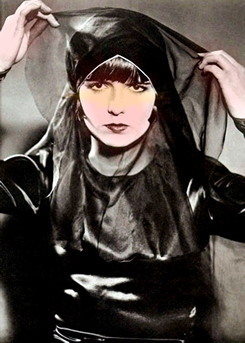
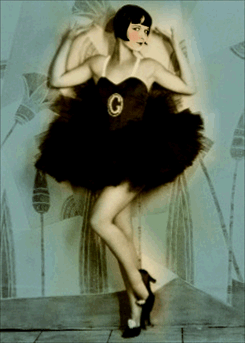
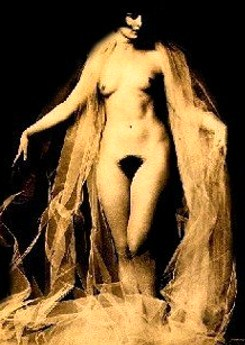
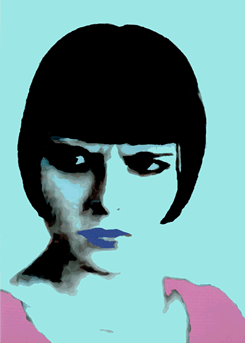
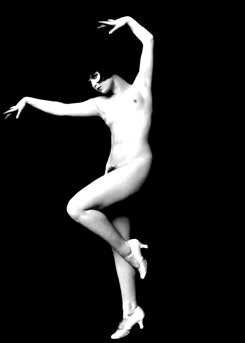
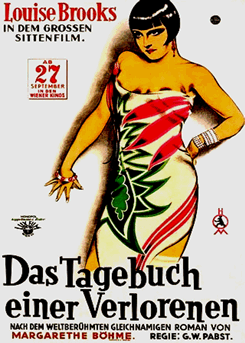
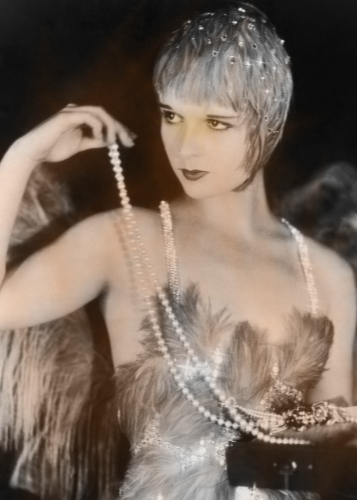
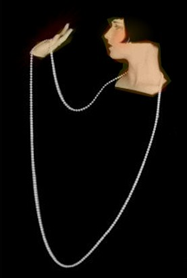
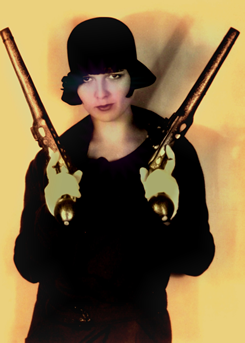
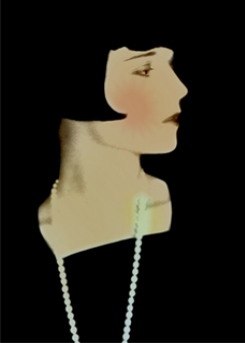
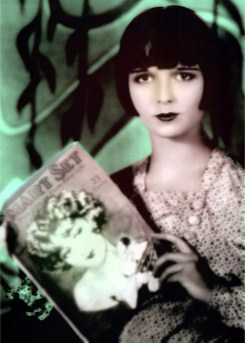
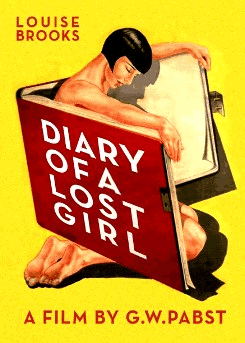
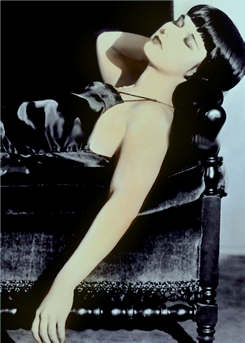
Even Lulu’s descent into prostitution feels almost joyful in the hands of Louise, who refuses to judge the character. Her death at the hands of a homicidal madman in the film becomes the birth of the real Louise Brooks.
Whatever Lulu’s fate, Louise’s own acceptance of self, of her sexuality, of living life on her own terms feels like a victory. What she accomplishes in Berlin is epic—she has discovered herself as an artist and as a woman.
We feel her manic energy, the certainty she and Pabst share, of a bright, fabulous future. She will have the entire planet at her feet.
But is that the end? Hardly. Modern connections take the story to unimagined places, as the past becomes the present, and the future becomes a memory.
WINNER 2010 SkyFest Screenwriting Award
